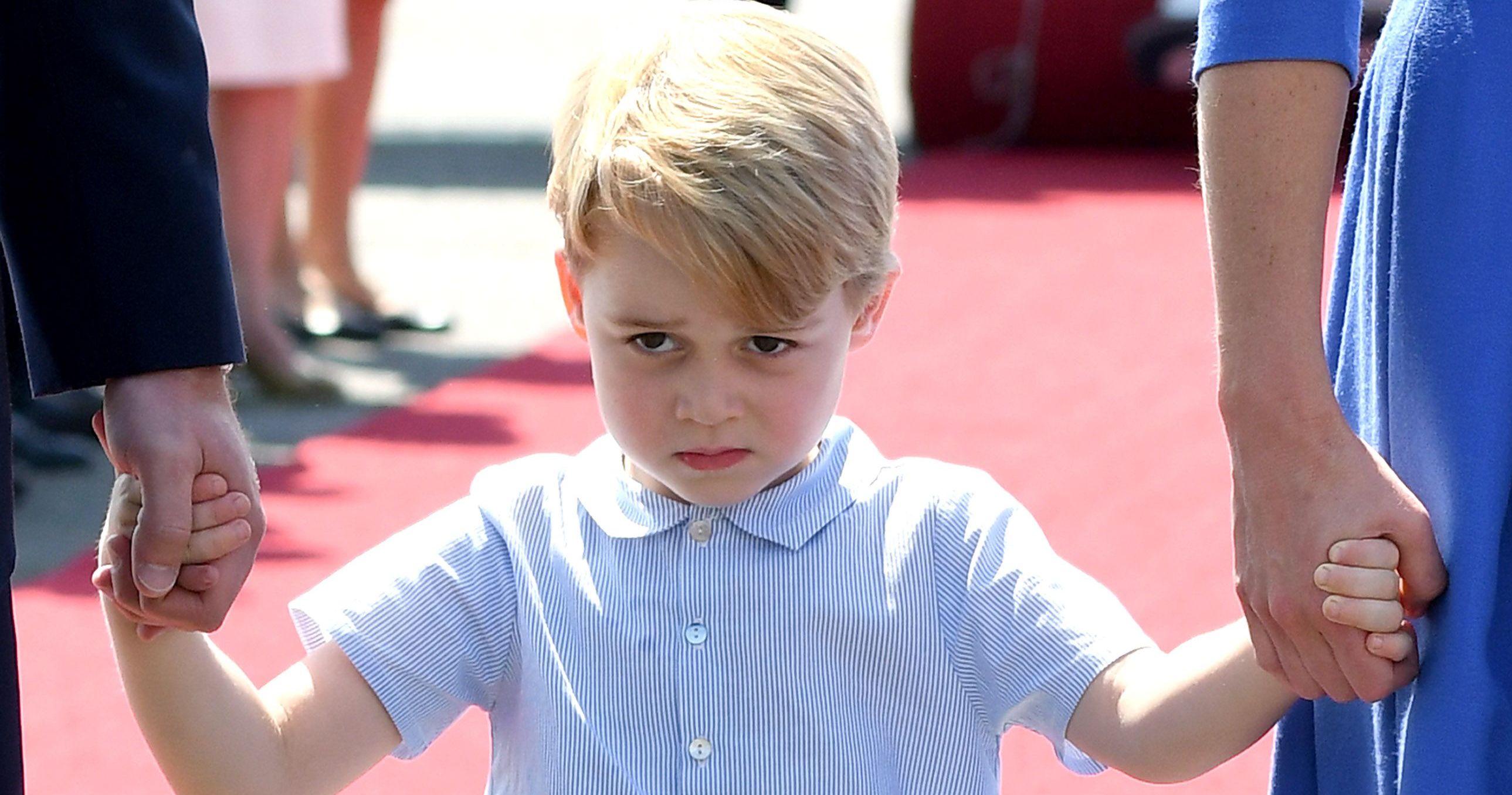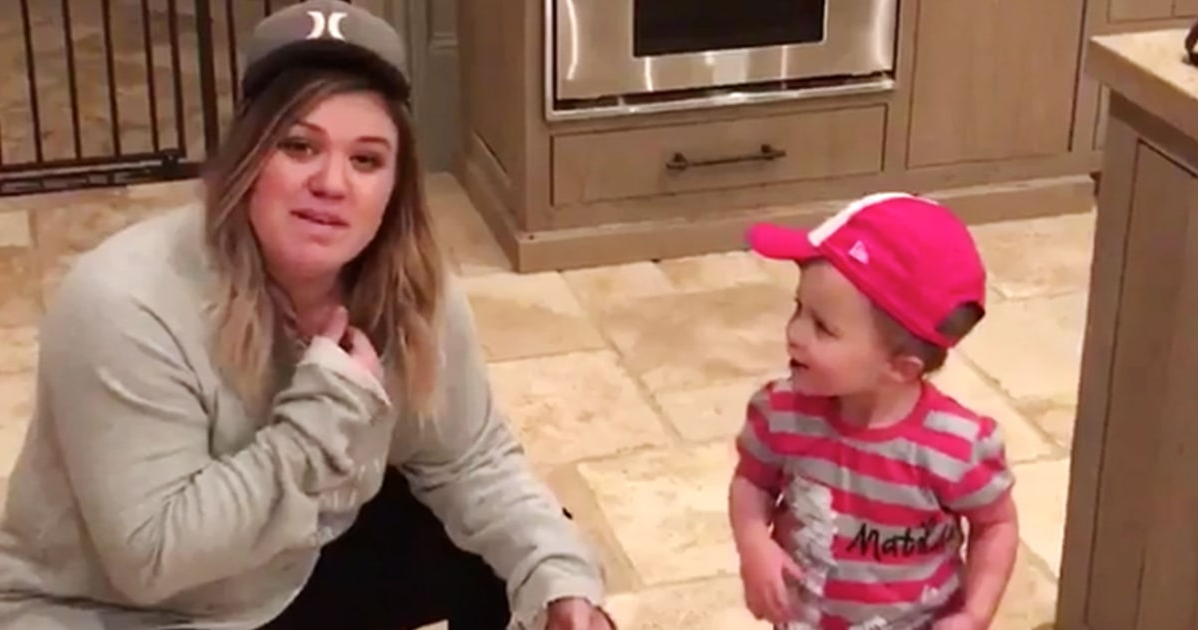What's in a name? For most people it connects you to your family, gives you an identity that you can relate to and can represent who are as a person. Well, for the Royal family, names are a bit of a different story.
When Prince George started school at Thomas's Battersea near his London home at Kensington Palace the former headmaster of the independent fee-paying school has stated that he will be just another pupil and get no special treatment, in spite of being one of the most famous students in the school.
"The Duke and Duchess have made it clear that they do not wish Prince George's attendance at Thomas's to change its aims, values or ethos in any way," wrote former headmaster Ben Thomas said, who later stepped down and was replaced by headmaster Simon O'Malley. "They would like, as far as is possible, for him to enjoy the same education that all of our pupils receive and for them to join the school community as all of our new parents do."
The Duke and Duchess are very pleased to share a photograph of The Duke and Prince George at Kensington Palace this morning. pic.twitter.com/MxcU0RqGvi
— Kensington Palace (@KensingtonRoyal) September 7, 2017
Being just another pupil at the school means that his classmates won't be addressing him by his title or using any other common formalities typical of the Royals.
Just like in pre-school, the 4-year-old will be simply known as "George" to his classmates. That means they will not be referring to him as "Your Royal Highness" in the classroom.
But when it comes to last name, things get a little trickier.
Technically, the royal family's last name is Mountbatten-Windsor.
In 1917 they became the House of Windsor, which was previously the House of Saxe-Coburg and Gotha. It was switched up because of anti-German feelings in the United Kingdom following World War 1. The family did have German roots after Queen Victoria married Prince Albert, who was German. The switch was to give the family a more English name.
When Queen Elizabeth married Prince Philip, it brought about another name change for the family. Prince Philip adopted the last name Mountbatten, after giving up his title of the Prince of Greece to marry Elizabeth. The name belongs to his maternal grandparents and is an English translation of their German name, Battenberg. However, this didn't change the name of the House of Windsor, but just the surnames of those in the house that weren't using the titles of His or Her Royal Highness.
Historically, that is the Royal family's technical last name, but it's one they rarely use in daily life.
When Prince William and Prince Harry went to school, they went by William Wales and Harry Wales, as well as during the days they served in the armed forces. Why Wales? Their father Prince Charles, is the Prince of Wales. So they paid homage to their father's title when using the reference of Prince was too formal.
So what does that mean for George? He could use Wales like his father, especially since William will likely be the Prince of Wales himself one day. But since William now has a title of his own: Duke of Cambridge, George will use that in his own name. He will be known as George Cambridge in his school records and to his peers and teachers.
I doubt anyone will have trouble remembering his name, though!
Source: People

